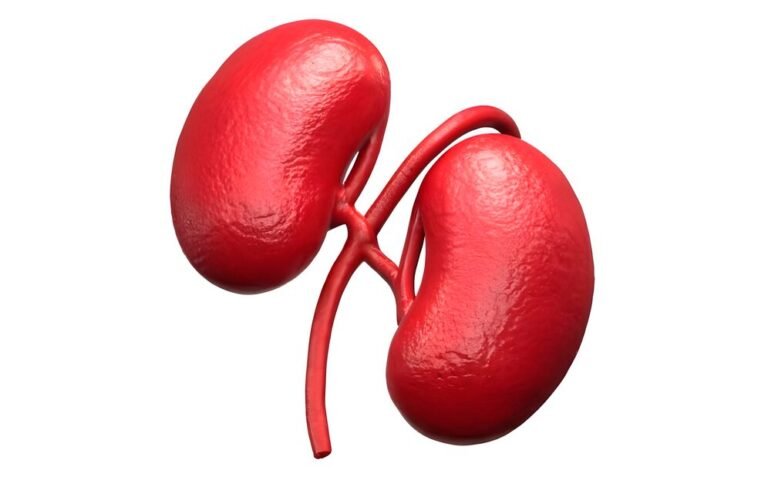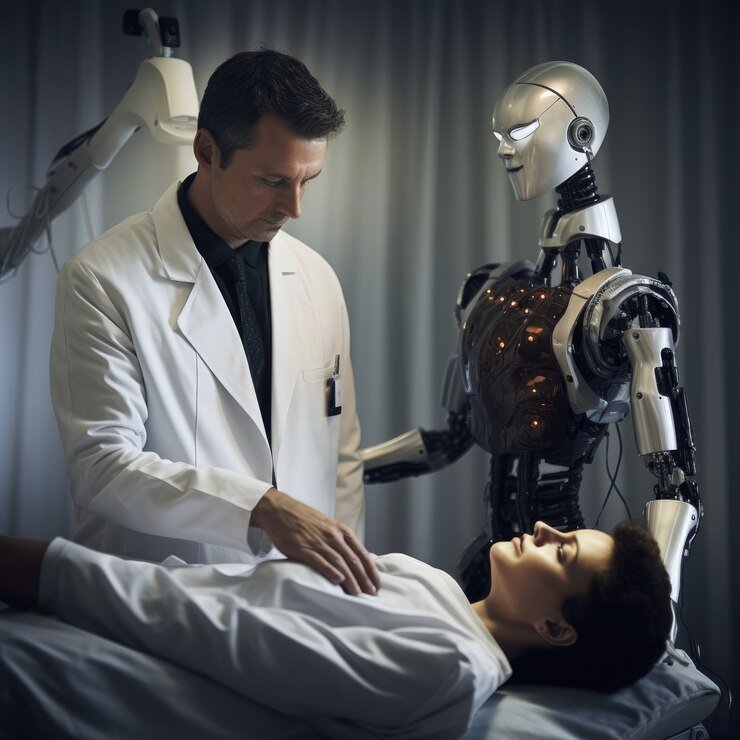Prostate Cancer Symptoms: What To Look Out For
Prostate cancer affects millions of men globally. While it often develops without any noticeable symptoms in its early stages, being aware of potential signs can lead to earlier detection and more effective treatment. Understanding these symptoms is crucial for men of all ages, especially those at higher risk due to factors such as age, family history, and ethnicity.
To Know More About It Please Click Here
Early Warning Signs
In its initial stages, prostate cancer may not produce any symptoms. This is why regular screenings, such as prostate-specific antigen (PSA) tests and digital rectal exams (DRE), are essential for early detection. However, as the cancer progresses, some men may begin to experience symptoms that warrant medical attention.
Urinary Changes
One of the most common early signs of prostate cancer is changes in urinary habits. This can include:
Increased Frequency: Needing to urinate more frequently, especially during the night, can be a sign of prostate enlargement or prostate cancer.
Difficulty Starting or Stopping Urination: Straining to start urination or experiencing a weak or interrupted urine stream may indicate a problem with the prostate gland.
Pain or Burning Sensation: Discomfort or pain during urination, or a burning sensation, can sometimes be associated with prostate issues.
Blood in Urine or Semen
Finding blood in urine or semen can be alarming and should always be investigated by a healthcare professional. While it doesn’t always indicate prostate cancer, it can be a symptom and requires further evaluation.
Erectile Dysfunction
While erectile dysfunction (ED) can have various causes, including psychological factors and other medical conditions, it can also be linked to prostate cancer. This is because the prostate gland is located near the nerves and blood vessels that control erections. Changes in erectile function, particularly if they occur suddenly or alongside other symptoms, should prompt a visit to a healthcare provider.
Pain and Discomfort
As prostate cancer progresses, it may cause pain and discomfort in the pelvic area, lower back, hips, or thighs. This pain can range from mild to severe and may be persistent or come and go.
Bone Pain
Advanced prostate cancer can spread to the bones, leading to bone pain, particularly in the spine, hips, or ribs. This pain may worsen at night and can be accompanied by fractures or other bone-related symptoms.
When to Seek Medical Attention
It’s important to remember that experiencing one or more of these symptoms does not necessarily mean you have prostate cancer. Many other conditions, such as benign prostatic hyperplasia (BPH) or urinary tract infections, can cause similar symptoms. However, if you notice any changes in urinary habits, experience unexplained pain or discomfort, or have concerns about your prostate health, it’s crucial to consult a healthcare professional.
Conclusion
Being aware of potential symptoms of prostate cancer and seeking prompt medical attention can lead to earlier detection and better outcomes. While prostate cancer is a serious condition, advances in screening, diagnosis, and treatment have significantly improved survival rates. Regular check-ups, open communication with healthcare providers, and maintaining a healthy lifestyle can all play a role in prostate cancer prevention and early detection. Remember, early detection saves lives.
Also, Follow us on Instagram







